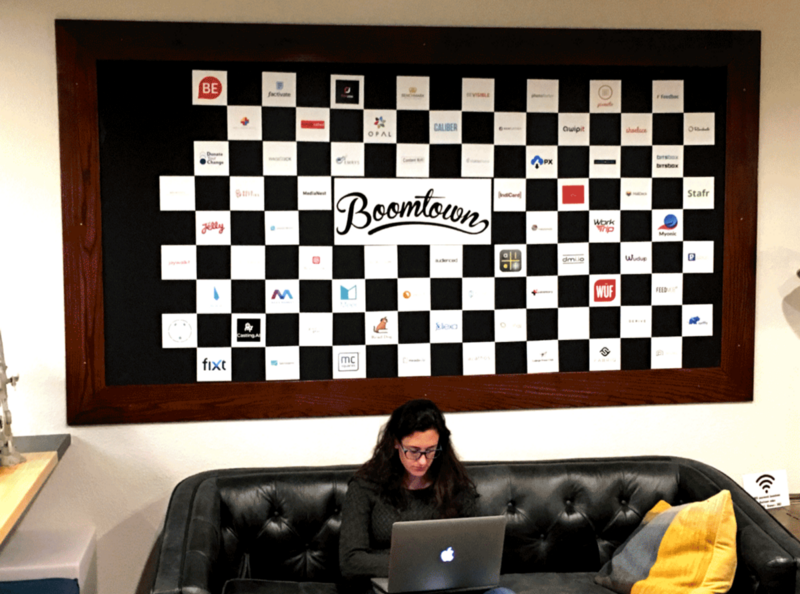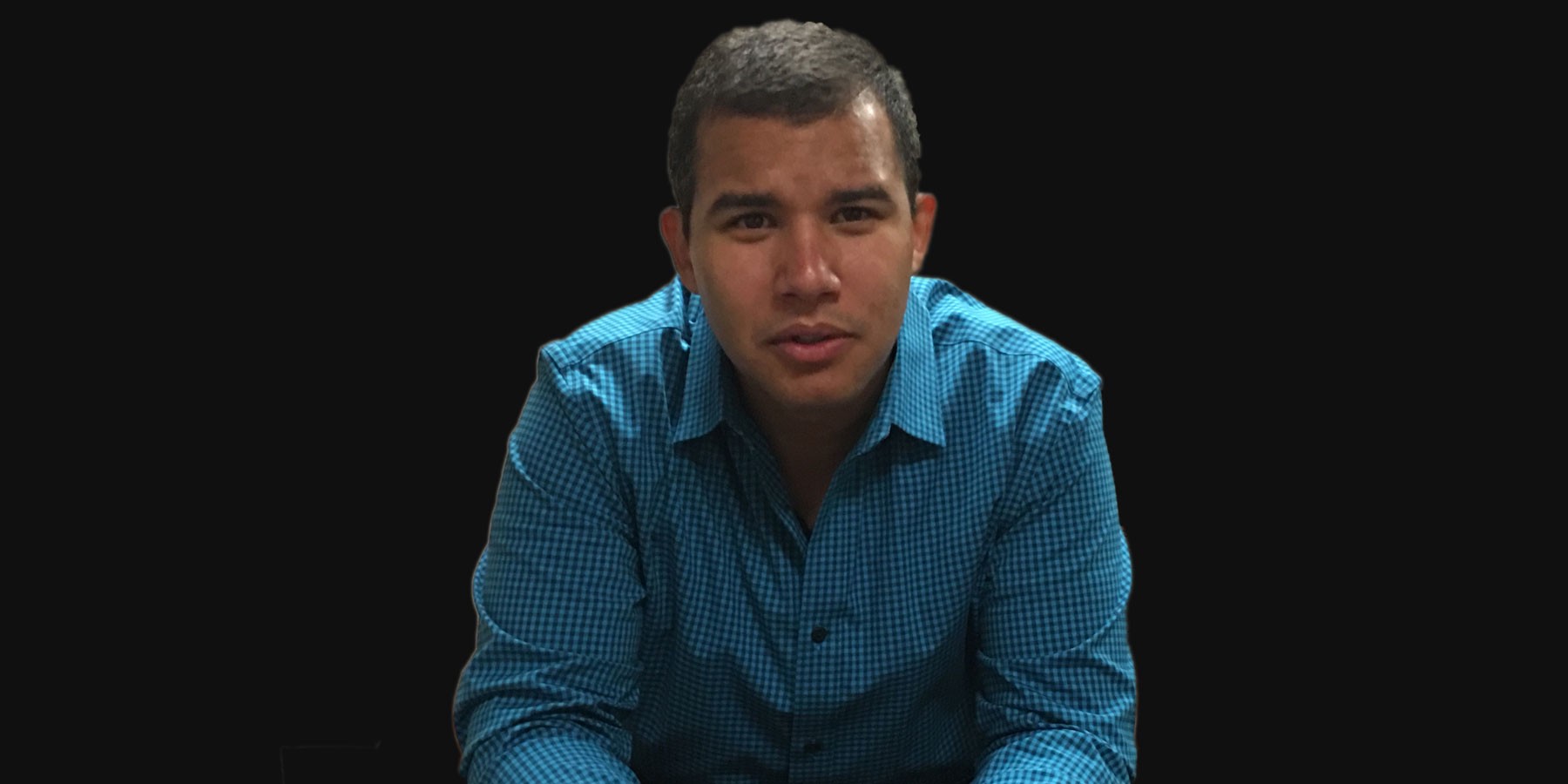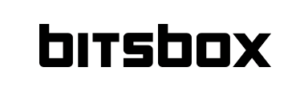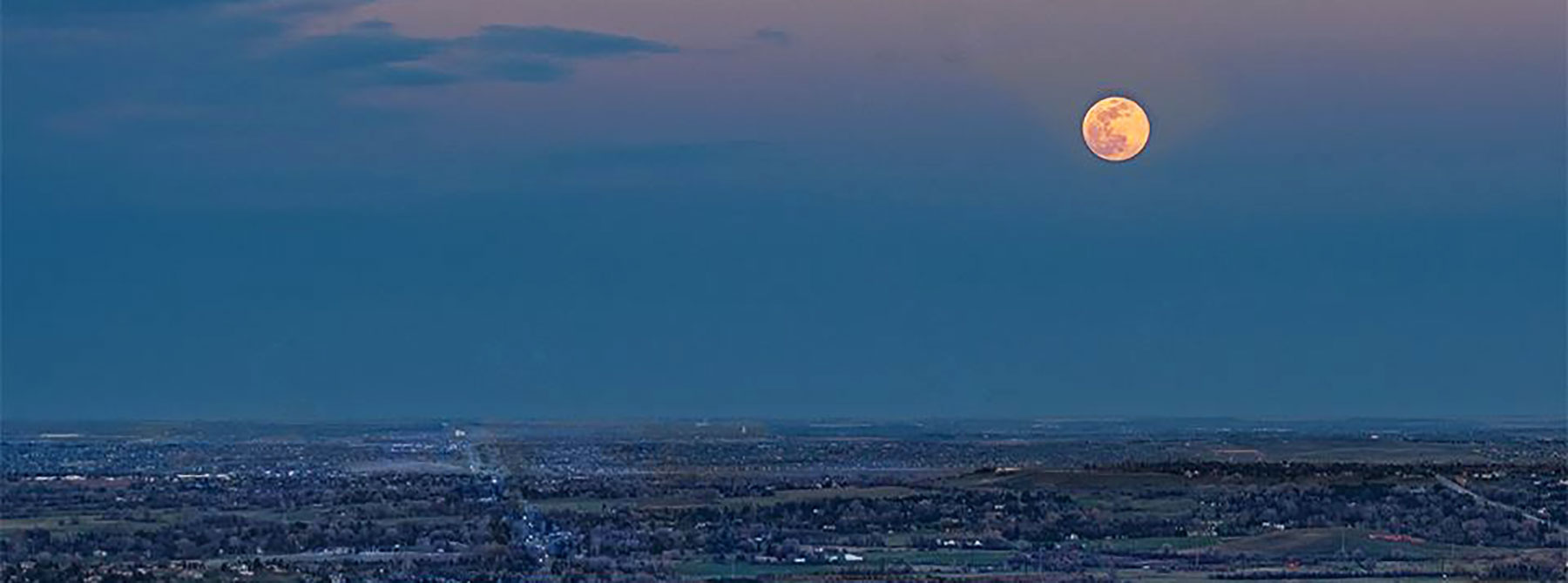Jose Vieitez, 28, co-founder of Boulder’s booming tech incubator Boomtown Accelerator, has always been an entrepreneur.
Born to first-generation Americans in Puerto Rico, and growing up all over the U.S. including a stint in Spain, Vieitez’s life, as he tells it, has always been about change, and finding and monetizing needs. He never had an allowance.
A poor kid in Miami, he grew tomatoes and peas in his backyard and sold them on the block. He sold his lunch in elementary school and would play poker to win it back. He was a candy dealer in middle school — kids called him candyman. In high school he dealt Pokemon and Yugioh cards always with the best prices to stifle competition, making between $80 to $150 each day.
He paid for his tuition at Stanford University with a textbook hustle. After discovering that he could purchase the older editions of textbooks, primarily science and math, from Amazon for $4 (including shipping) and cataloguing their minor differences from the current editions selling for $250 at the university bookstore, he made a killing selling them for $100 to fellow students. His dorm room was full of 200 textbooks.
With a tagline of “We Invest in People,” Boomtown would have jumped over servers to bring Vieitez into its fold, as it has done with founders at 70 companies since launching its first class in March 2014.
Boomtown runs two, 12-week classes of from six to 10 startups each class (last year it ran three, but it proved too much, Vieitez says). In exchange for 6 percent common stock, Boomtown companies receive a $20,000 investment, access to 350 mentors, deals on hosting through Amazon, Google and others and software from MailChimp, SendGrid, and a daily curriculum focused on helping fledglings navigate the daunting gauntlet every successful startup must run: product-market fit.
Boomtown’s kicking off its ninth class soon.

Booming Boulder tech
Buoyed by world-class Flatiron charm, a pioneer spirit and an ever-increasing tech proficiency, the Boulder high-tech startup scene has been a hotbed of activity for nearly a decade, and Vieitez is among those stoking the flame.
Glance at America’s tech landscape and Boulder glows among some of the map’s hottest tech spots, sharing shine with Silicon Valley, Manhattan and other burgeoning tech markets. This hype perhaps burned brightest in 2013 (the same year Vieitez and his fellow founders launched Boomtown) when a study released by the Kauffman Foundation determined Boulder had the highest “high-tech startup density” of any U.S. metro. Boulder has been in the startup-hotbed discussion ever since.
Boulder tech startup grandaddy Techstars, founded in 2006, helped usher in Boulder’s elite tech startup status. Techstars co-founder Brad Feld literally wrote the book on what ingredients catalyze a thriving startup scene for cities with his 2012 book Startup Communities: Building an Entrepreneurial Ecosystem in Your City. Boomtown helped level it up.
Two of Boulder’s leading venture capital firms help amp Boulder’s tech scene: Boulder Venture and Feld-led Foundry Group.
Launching Boomtown
Working for Google in Silicon Valley in 2013 as a user-experience designer — with an Amazon-for-nonprofits startup idea in his back pocket — his then girlfriend was itching to come to Boulder. Vieitez knew he wanted to marry her so he prepared to follow.
He wanted to continue his startup in Boulder and on a scouting mission noticed something a middle school candy hustler might — the area had a thriving startup scene but not a matching support network. At the time, Techstars was the only accelerator in town, and it held only one 12-week class each year.
“I thought, How’s that possible,” Vieitez recalls. “A lot of startups are here gaining momentum and when they’re ready to plug in, they have to leave because there’s no support network.”
Sign up for BLDRfly's newsletter
This makes local startups and the community worse as tech talent drains away.
“If this is the region I want to live, I want to make it the best possible,” Vieitez thought at the time. That perceived need planted the Boomtown seed.
So Vieitez, who jumped into a dual MBA and computer science degree at CU, started greasing the wheels for another Boulder accelerator. He thought it would be simple, just a network of mentors. But the idea quickly gained momentum, attracted investors and became a company, and a career.
Three of Boomtown’s alumni: FeedMob (helps firms amp mobile user acquisition), BitsBox (monthly subscription service to up kids’ coding stoke), Shoelace (automated retargeting). Seventy percent of Boomtown alumni are generating revenue, Vieitez says.
Boulder startup culture
Vieitez compares the Boulder-Denver tech corridor to Silicon Valley’s Palo Alto-San Francisco techline. Local startups typically incubate in the Boulder nest and, when their spinning wheels start biting road, many jump to Denver for cheaper leases and more affordable employee housing when staff counts hit double-digits.
Startups in both locations enjoy lower burn rates, higher talent retention rates and an overall more relational vibe — talent’s not as keen to bounce from job to job every two years while hustling their own projects on the side. The mountains and world-class lifestyle keep them happy and distracted from such pursuits. People, culture, lifestyle — apt adjectives for Boulder.
“There’s a heart and soul here,” Vieitez says. Relationships stay intact.
On the other side of the burnished tech coin, startups suffer from a dearth of adventurous, risk-taking investors, he says. Unlike the Bay Area, where VC money hunts unicorns like a feral hog hunter with a machine gun, things are a little tamer here.
Boulder accelerators abound now. In addition to Techstars and Boomtown, the list of area incubators includes women-entrepreneur-focused MergeLane, cannabis-focused Canopy and CU-based Catalyze, among a number of national accelerator networks with Boulder outposts.








